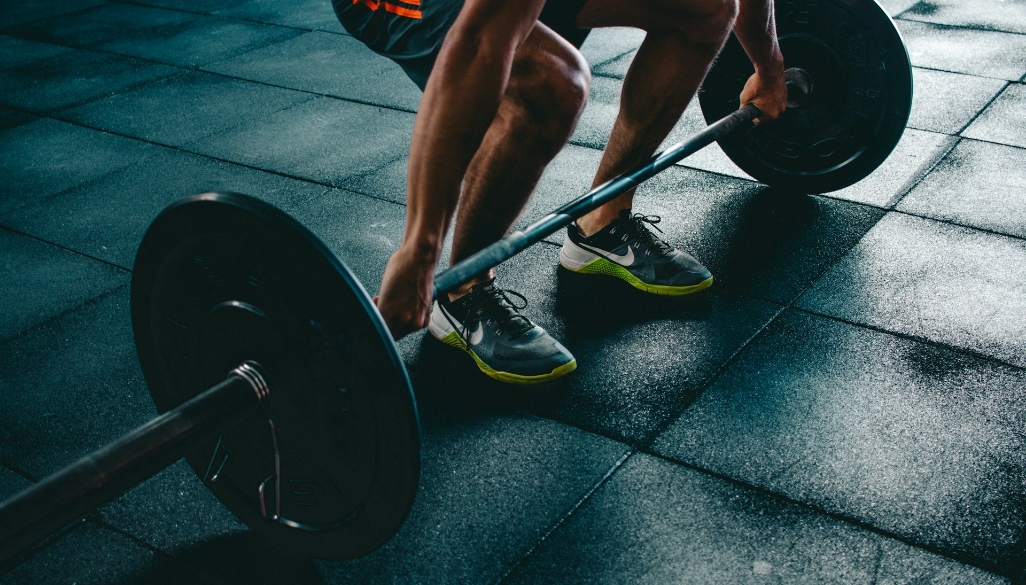Beyond Aesthetics: The Unsung Power of Physical Strength for Lifelong Health

Your physical strength isn’t just about how you look – it’s a fundamental aspect of your overall health and quality of life. Every movement you make throughout the day, from simply standing up to carrying groceries or playing with grandchildren, requires some degree of strength. It’s an often-overlooked cornerstone of independence, vitality and even injury prevention. A robust body is better equipped to handle the stresses of daily living, significantly reducing the risk of falls and other accidents as we age.
At its core, strength is inextricably linked to your musculature. The size and quality of your muscles are direct factors influencing your physical capabilities. And while lifting weights is the most direct route to building muscle, what you put into your body plays just as vital a role in its ability to adapt and grow. Diet isn’t just about fuel; it’s about providing the raw materials for muscle repair and synthesis.
Let’s delve into some common questions about building muscle and optimising your diet for strength.
Your Strength Questions Answered:
Q1: Why is strength important beyond just being able to lift heavy things?
A: Strength is crucial for functional independence. It supports good posture, reduces chronic pain (especially back pain), improves balance and boosts bone density, which is critical for preventing osteoporosis. Stronger muscles also enhance your metabolism, helping you manage your weight more effectively, and can even improve sleep quality and mood. It’s about building a resilient body that can handle everyday life with ease and confidence.
Q2: What is the single most important dietary component for building muscle?
A: Without a doubt, protein. Protein provides the amino acids, which are the building blocks your body uses to repair and grow muscle tissue after exercise. Aim for high-quality protein sources at every meal.

Q3: How much protein do I actually need to build muscle effectively?
A: While general guidelines suggest around 0.8 grams of protein per kilogram of body weight for sedentary adults, for muscle building, health experts often recommend between 1.6 to 2.2 grams of protein per kilogram of body weight per day. For example, a 70kg individual looking to build muscle would aim for roughly 112-154 grams of protein daily. Spreading this intake across multiple meals (e.g., 20-40g per meal) is generally more effective than consuming it all in one go.
Q4: What are the best sources of protein for muscle building?
A: Focus on a mix of animal and plant-based proteins:
Animal Sources: Lean meats (chicken breast, turkey, lean beef), fish (salmon, tuna, cod), eggs, dairy products (Greek yoghurt, cottage cheese, milk). These are often “complete” proteins, containing all essential amino acids.
Plant Sources: Lentils, chickpeas, beans, tofu, tempeh, edamame, quinoa, nuts, and seeds. Combining different plant proteins throughout the day can ensure you get all essential amino acids.
Q5: Is protein powder essential for building muscle?
A: No, it's not essential, but it can be convenient. If you struggle to meet your daily protein targets through whole foods alone, protein powder (like whey, casein, or plant-based options) can be a useful supplement, especially post-workout. However, prioritising whole food sources should always come first.
Q6: Besides protein, what other dietary factors are important for strength and muscle growth?
A: Carbohydrates are crucial for energy during workouts and for replenishing muscle glycogen stores afterwards, aiding recovery. Choose complex carbs like whole grains, fruits and vegetables.
Healthy fats (from avocados, nuts, seeds, olive oil) are vital for hormone production and overall health.
Don't forget hydration; water is essential for all bodily functions, including nutrient transport and muscle contractions. A diet rich in a variety of micronutrients (vitamins and minerals) from fruits and vegetables also supports overall bodily functions essential for strength.
Building strength is a journey that combines consistent, progressive exercise with smart nutritional choices. It’s not just about looking good in a mirror; it’s about empowering your body for a healthier, more capable future.












